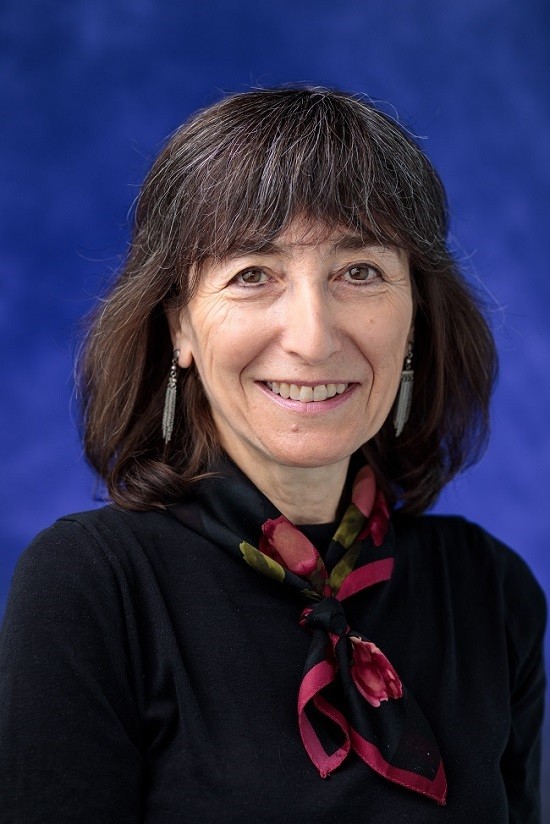News directly from Cornell's colleges and centers
2023 Bethe Lecture: How fast is the universe expanding?
By Kate Blackwood
The current rate of the expansion of space – called the Hubble constant – is a measure of the age and size of the universe. But recently, a new debate has emerged about the Hubble constant, potentially calling into question the standard model of cosmology.
“For the past 20 years, astronomers have observed the entire universe to be expanding at an increasing rate, pulled apart by a cosmic force, unexplained by any current physical theories,” said astrophysicist Wendy L. Freedman. “Could there be more exotic physics yet to be uncovered?”
In the spring 2023 Bethe Lecture, Freedman will describe the current state of cosmology and her work with the Hubble Space Telescope that has led to some of the most precise measurements of the Hubble constant made to date. She will also present some new data from the recently launched James Webb Space Telescope that promises to resolve many of the issues currently confronting these measurements.
Freedman’s talk, “How Fast is the Universe Expanding?” is Wednesday, March 22 at 7:30 p.m. in Schwartz Auditorium, Rockefeller Hall, and is open to the public. The lecture will also be livestreamed by Cornell Video.
As part of The Hans Bethe Lecture Series, Freedman will give a physics colloquium talk, “The Hubble Tension: Is There a Crisis in Cosmology?” Monday, March 20 at 4 p.m. in Schwartz Auditorium, Rockefeller Hall, and a LEPP Joint Seminar, “Measuring the Hubble Constant: Stress-Testing the Standard Cosmological Model,” Tuesday, March 21 at 4 p.m. in 700 Clark Hall.
Read the full story on the College of Arts and Sciences website.
Media Contact
Get Cornell news delivered right to your inbox.
Subscribe

